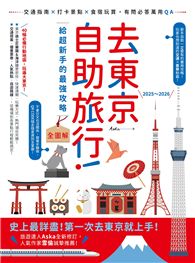This book highlights the importance of the library and information profession in the face of the knowledge industry. It emphasizes the connection between library and information work and education, envisioning a future of working with digital knowledge and lifelong learning. Despite the shift towards digitalization, libraries must strive to provide equal access to knowledge for all users. This involves adopting knowledge management principles, such as measuring the usage of library holdings, evaluating user satisfaction, and continuously educating librarians. By enhancing librarians’ educational competence and promoting users’ information literacy, libraries can remove intermediaries between users and information. Additionally, library cooperation in building databases and portals, as well as offering 24-hour services, can contribute to seamless access to information.In response to challenges in scientific information and communication, librarians have embraced strategies such as intensifying interlibrary loan services, coordinating acquisitions with related libraries, and employing simpler bibliographic processing and electronic resources. Thus, libraries have evolved and adapted over time to meet the changing needs of society. In the digital age, librarians play a vital role in managing knowledge, promoting information literacy, and providing access to information in a rapidly evolving technological landscape.
| FindBook |
有 1 項符合
Librarianship的圖書 |
 |
Librarianship 作者:Brito 出版社:Discovery Publishing House (India) 出版日期:2024-04-01 語言:英文 規格:精裝 / 230頁 / 24.41 x 16.99 x 1.42 cm / 普通級/ 初版 |
| 圖書館借閱 |
| 國家圖書館 | 全國圖書書目資訊網 | 國立公共資訊圖書館 | 電子書服務平台 | MetaCat 跨館整合查詢 |
| 臺北市立圖書館 | 新北市立圖書館 | 基隆市公共圖書館 | 桃園市立圖書館 | 新竹縣公共圖書館 |
| 苗栗縣立圖書館 | 臺中市立圖書館 | 彰化縣公共圖書館 | 南投縣文化局 | 雲林縣公共圖書館 |
| 嘉義縣圖書館 | 臺南市立圖書館 | 高雄市立圖書館 | 屏東縣公共圖書館 | 宜蘭縣公共圖書館 |
| 花蓮縣文化局 | 臺東縣文化處 |
|
|
圖書介紹 - 資料來源:博客來 評分:
圖書名稱:Librarianship
|











